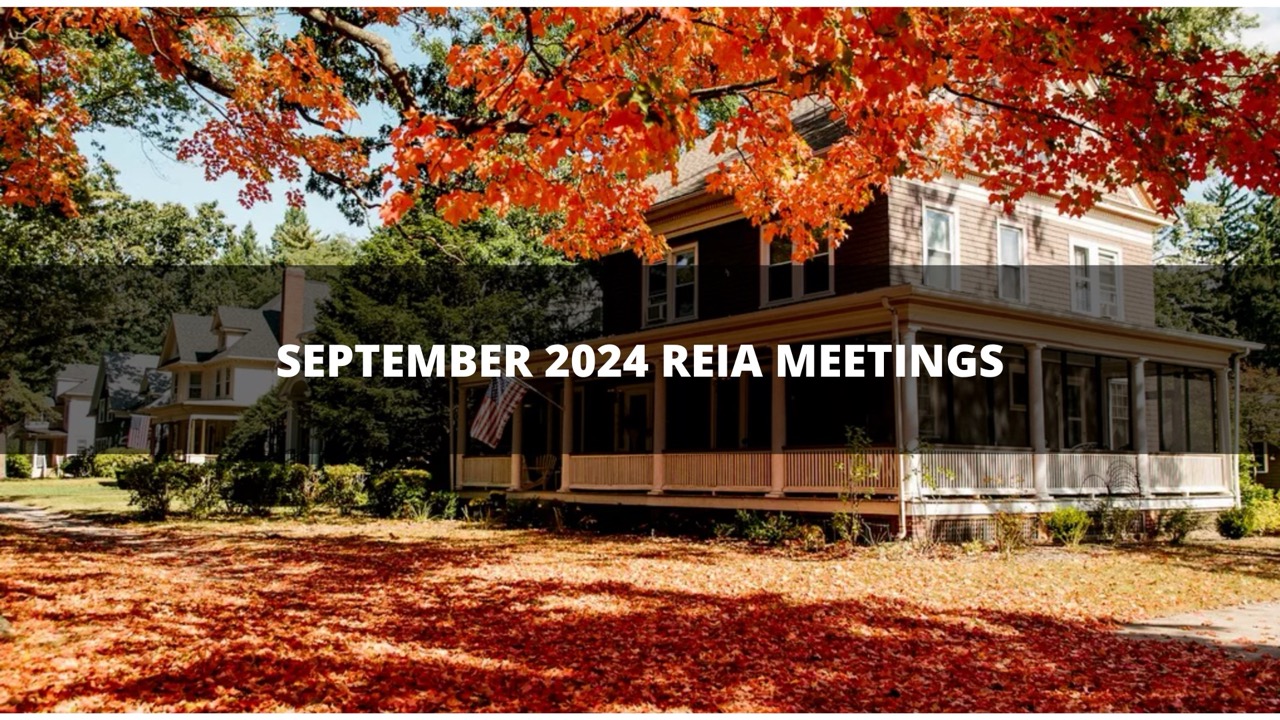Foreclosure Part III – From the Owners’ Perspective
Two weeks ago I started an in-depth discussion of the three different types of foreclosure. Last week I discussed real estate owned (REO or OREO) foreclosure and the week before I talked about pre-foreclosure and foreclosure. Now, let’s take a look at foreclosure through the eyes of the property owner so you can fully understand the options they have when facing foreclosure. This will help you to show them the benefits of working with you in the pre-foreclosure stage rather than undergoing the difficulties of foreclosure.
Owner Options
In general, property owners have seven options available to them when they’re in danger of losing their home or other property to foreclosure.
- Loan forbearance/modification – This can be a strategy worth pursuing for property owners. In this situation, the loss mitigation department of the mortgage company may make arrangements with the owner to pay some of the back payments now and the balance within a certain time period.Here’s a typical example: John and Janet Smith owe $9,000 in back payments, attorneys’ fees, etc. Since the mortgage company doesn’t want the trouble and expense of foreclosure, it may accept $4,500 now and $750 per month for the next six months. Of course, the Smiths would have to resume making their normal monthly payments. A loan modification is a permanent change to their mortgage that may lower their payments, and the delinquent payments may be added to the mortgage balance. A loan modification or forbearance is easier to arrange prior to the mortgage company filing a foreclosure lawsuit. Some lenders will not consider this after filing, but it’s worth trying. Loan modifications are more common in FHA loans.
- Reinstatement of the mortgage – As you learned earlier in this series, owners have up to and including the morning of the auction to catch up on their payments. So, if the Smiths have the cash, this is obviously a good solution.
- Refinancing of the mortgage – It’s usually very difficult to arrange new financing when owners are already in default on their existing mortgage. If you can find one, chances are it’s rare and they’ll only refinance up to 70% LTV*. That means the seller must have a lot of equity*Note: “LTV” is an acronym for “loan to value” ratio. It’s the percentage of the property’s value that’s mortgaged. To get the LTV, you divide the mortgage amount by the lesser of either the appraised value or the selling price. Different lenders use different standards to determine whether or not a loan will be granted with a certain LTV. Commonly, owner-occupied residences will get loans at an LTV of 80%. Investment properties are often required to have a higher LTV. Here’s an example of an LTV for a home: The home is appraised at $400,000, and there’s a $320,000 mortgage on the property. So, $320,000 / $400,000 = .80 or 80% LTV.
- Chapter 13 bankruptcy – This can be a viable alternative for property owners if their financial situation has improved. Filing bankruptcy prior to the foreclosure auction will stop the sale. Unfortunately, for most people it only postpones the sale for one or two months. Let’s use the Smiths again to illustrate how the bankruptcy process works: Immediately after filing a Chapter 13 Bankruptcy, John and Janet will have to file a repayment plan with the courts. This plan has to show that they have sufficient monthly income to pay basic living expenses such as food and utilities and other monthly payments such as credit cards, car payments etc. In addition, their income must be sufficient to resume making their monthly mortgage payments. All past due amounts are usually spread out between 24 and 60 months. For example, we know they owe $9,000 in missed payments, attorneys’ fees, etc. Spread out over 48 months, this would result in an additional $187.50 due each month to the court appointed trustee. So, if they feel they have the income to immediately begin repayment of all their debts and the court agrees, this may be a good choice for them to save their home.
- Sell the home on the open market – This is probably the most under-utilized option available to owners facing the possibility of foreclosure. The fact is, selling their home will give them the most money in their pocket. Did you know that on FHA loans, the lender will postpone the sale and give them 90 days to sell their house?
- Sell the home to investors – If efforts to save their home have been unsuccessful and time doesn’t permit selling their home on the open market or they just don’t want to, but want a quick sale with no problems, they can sell it to an investor – you!
- Let the home be sold on the courthouse steps – Most of the time this is the worst option available to property owners. To be honest, I’ve experienced times when a house sold at auction for more than what I could have offered the owners. However, this is not all that common. And, as mentioned previously, owners can also face several expensive and embarrassing actions as a result of the foreclosure process — deficiency judgments, evictions, etc.
Folks, from all this information, I hope you can see how targeting the pre-foreclosure market is an excellent method of earning a profit and helping out home owners at the same time. With knowledge and professionalism, you can create a “win-win” situation for everyone involved!
To Fun, Fortune, & Freedom!
Tim Mai
Lead Mentor
MyHouseDeals.com




